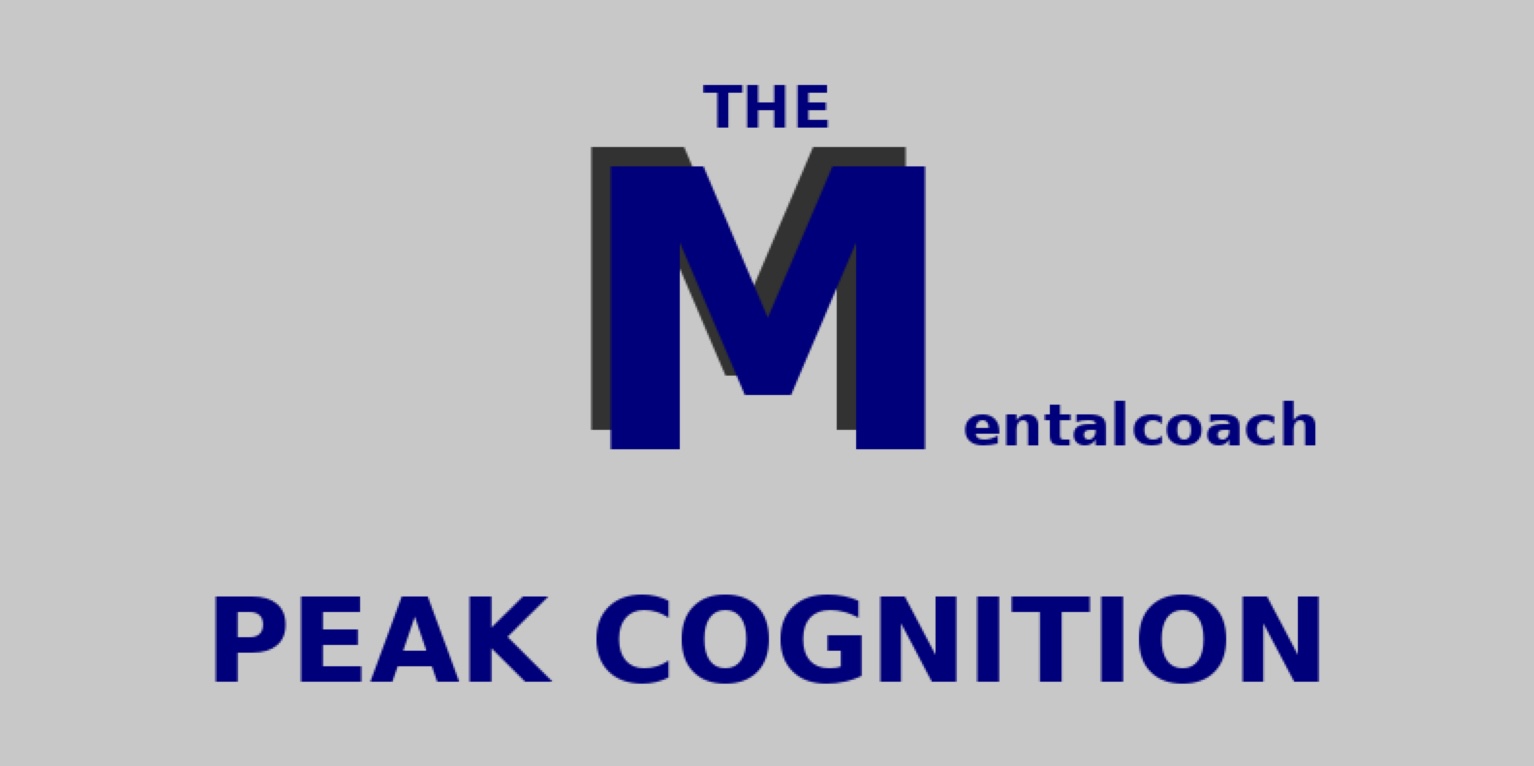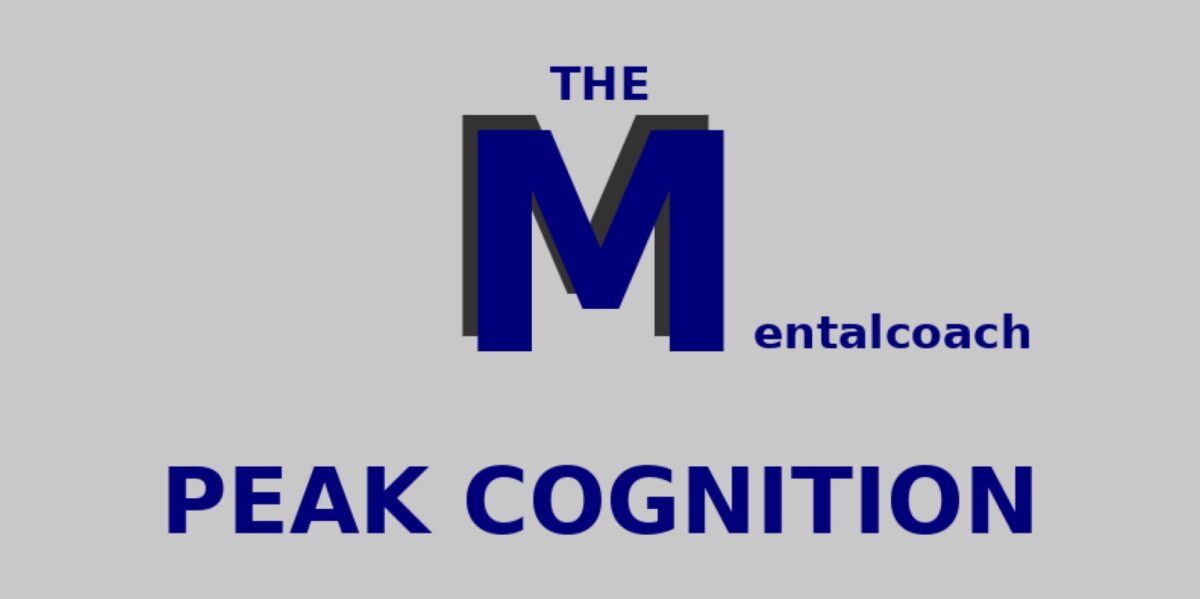Dyspnoic Symptoms?

Yes, it is possible that a minor sign of dyspnea (difficulty breathing) can trigger a panic attack or symptoms of losing control. This reaction can occur especially in individuals who already have a predisposition to anxiety or who have had negative experiences in water in the past. Panic attacks are often triggered by a perception of threat or danger, which can be real or imaginary. In the case of dyspnea in water, the perception of not being able to breathe adequately can trigger an intense fear or anxiety response. This can lead to a cascade of physical and psychological symptoms, such as palpitations, sweating, sensation of suffocation, dizziness, and the feeling of losing control or fainting. Furthermore, the water itself can evoke a feeling of vulnerability or fear, especially if the person does not feel comfortable or safe in the aquatic environment. This can increase the risk of a panic response in the face of difficulties like dyspnea. It is important to note that if these experiences are common or severe, it is advisable to consult a mental health professional that can provide strategies to manage anxiety and techniques to deal with situations that can trigger panic attacks.

In the case of an athlete returning from an injury, the situation can be particularly sensitive. After an injury, it’s common to experience some anxiety or worry about returning to the sport, especially in one that requires substantial physical endurance and breath control like synchronized swimming or similar.
If the athlete experiences breathlessness or difficulty breathing during training, this could trigger an anxiety or panic response, especially if they are concerned about re-injuring themselves or if they do not yet feel fully confident in their physical abilities. This anxiety might manifest with symptoms such as rapid heartbeat, feeling of suffocation, dizziness, or a sense of losing control.
To manage this situation, it is important for the athlete to:
- Openly Communicate with the Medical Team and Coaches: It’s crucial for the athlete to discuss any concerns or symptoms with their medical team and coaches. This can help tailor the return-to-training program to be both physically safe and psychologically comfortable.
- Gradual Return: The return to activity should be gradual to allow the athlete to rebuild confidence in their physical abilities and to adjust again to the stress of training.
- Utilize Relaxation and Anxiety Management Techniques: Practices such as deep breathing, mindfulness, and visualization can be helpful in managing anxiety and improving breath control.
- Learn to Recognize Body Signals: Knowing and listening to one’s body is key. The athlete should be aware of the signals their body sends, both to prevent overexertion and to recognize early symptoms of anxiety or panic.
- Consider Psychological Support: If anxiety or fears become significant, working with a sports psychologist or therapist can provide strategies for dealing with anxiety related to returning from injury and for improving coping techniques.
- Maintain Positive Communication: Positive self-talk and encouragement can help to build confidence and reduce anxiety. The athlete should focus on what they can control and the progress they have made.
- Set Realistic Goals: Setting achievable and realistic goals during the recovery process can help maintain a positive outlook and reduce the pressure to immediately return to the pre-injury level.
Remembering that recovery from an injury is not just physical but also psychological is vital. A holistic approach that considers both aspects can facilitate a safer and more confident return to the sport.

